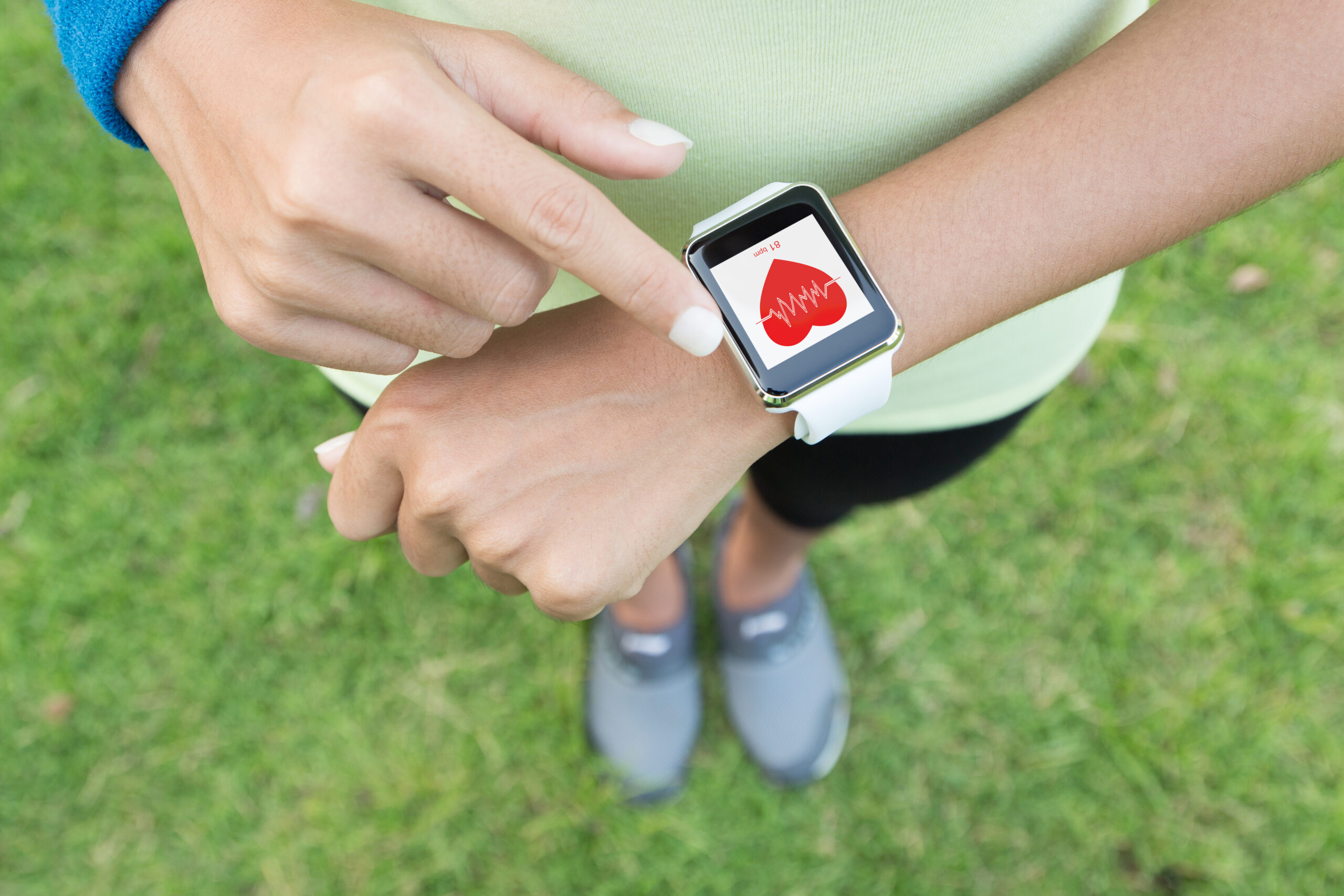 By Dr. Pedro Gonzalez, Penn Yan Community Health, part of Finger Lakes Community Health.
By Dr. Pedro Gonzalez, Penn Yan Community Health, part of Finger Lakes Community Health.
Danger signs you should know—and tips to keep your heart healthy.
One of the first things we do as doctors when you come in for a visit is to listen to your heart. There’s a reason for that. Heart disease is the top cause of death in the U.S., according to the American Heart Association. Killing hundreds of thousands every year. Still, there are serious signs that someone’s heart is in trouble that are sometimes overlooked.
• Sudden chest pain with pressure
• Heaviness on the chest that lasts 10 minutes or longer
• Pain that travels down the left arm or the neck
• Shortness of breath when out of proportion to your physical efforts or at rest
• Fainting without the confusion that happens from simple low blood sugar
• Leg cramps with physical activity are a symptom of possible coronary disease but not necessarily a heart attack
• Swelling of the legs suggests a heart attack when it happens suddenly and is associated with chest pain.
If you have any of these symptoms, the safest thing to do is call 911 to get to the hospital right away. These are dangerous signals that you may be having a heart attack.
And if you haven’t ever had any of these symptoms, you should know that certain risk factors make it more likely you will have heart trouble in the future.
Know your heart disease risk.
From your weight to your family history, several things can increase your chances of having a heart attack in the future. We have a way of scoring patients’ risk levels based on having a certain number of those factors.
• Smoking—Tobacco smoke causes blood vessels to tighten up, which strains the heart.
• Diabetes—Uncontrolled blood sugar levels can cause damaged, clogged blood vessels.
• High blood pressure—Makes the heart work harder.
• High cholesterol—Leads to plaque that builds up inside blood vessels.
• Family history—If you have close relatives who have heart disease, you may have inherited risk.
• Obesity—Puts a strain on your heart.
• Inactivity—Deprives your heart of needed increased activity that keeps it in shape.
• Age—Men who are 55+ and women who are 65+ are at greater risk.
• Chest pain—Also called angina, is caused by reduced blood flow to the heart, and can be a warning sign for a heart attack.
Keeping your heart healthier
Your doctor knows best how to help you address your risk factors and advise you about your heart health. Here are a few things you can do to reduce the risk of heart disease.
advise you about your heart health. Here are a few things you can do to reduce the risk of heart disease.
1. Quit smoking—It’s never too late. After just six weeks of stopping smoking, you can gain up to 20% of lung capacity, which means your heart doesn’t have to work as hard to get oxygen to your body. There are lots of tools to help quit smoking, from nicotine replacements like nicotine gum and patches to prescription medications. Find out more at New York Smoke Free.
2. Maintain a healthy weight—Obesity leads to many health problems, including heart disease and diabetes. Maintaining a healthy weight can prevent the strain on your heart and help your body use insulin better, preventing diabetes.
3. Watch your diet—Eating too many carbohydrates like bread, rice, cereal, and sweets not only puts on extra pounds but also makes your body work harder to maintain the right blood sugar levels, putting you at risk. Incorporate plenty of vegetables and fruits into your diet to ensure a healthy balance.
4. Get some exercise—Just 15 to 20 minutes of physical activity each day is enough to get your heart rate up and give it needed exercise. One of the best forms of exercise is simply walking. In the winter, if you want a warmer spot to get your steps in, go to the mall or your nearest department store. Walking’s free!
5. Avoid too much caffeine—Caffeine constricts blood vessels, making the heart work harder. Avoid overdoing caffeinated drinks—especially if they also have high amounts of sugar.
6. If you’re diabetic, make sure your disease is under control—Hopefully, your doctor has given you good advice about how to manage your diabetes. If not, ask them. There are also prescription medications available today that help people manage their diabetes—and even control their weight more easily.
7. Take your meds—Whether you are diabetic or have high blood pressure or high cholesterol, if you take prescription medications for conditions like these, make sure you stay on them and take them faithfully. Each of these conditions can lead to heart disease. Your meds can help prevent the problem.


